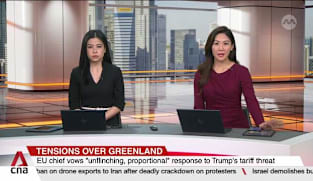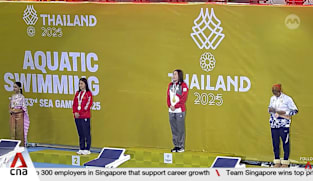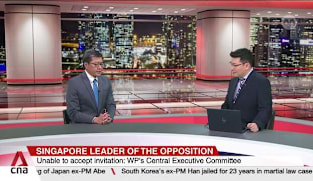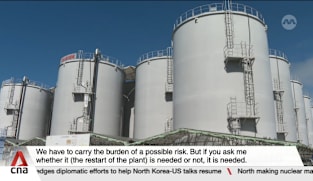Leong Mun Wai on Criminal Law (Temporary Provisions) (Amendment) Bill
The Progress Singapore Party (PSP) will oppose the extension of the Criminal Law (Temporary Provisions) Act unless safeguards are enhanced, said NCMP Leong Mun Wai in Parliament on Wednesday (Apr 3). He said that while gangsterism still exists in Singapore, the extent of lawlessness is not as rampant as it was in 1958 when the executive power to detain people without trial was introduced. So, the most important question is whether the Act is still relevant and, more importantly, necessary in light of present circumstances. This consideration must include other pieces of criminal legislation in force and the sufficiency and efficacy of the judicial system. A balance has to be struck between personal liberty and public peace and order, said Mr Leong. He asked if the Government intends to continually renew the Act for as long as crime in Singapore is not completely eradicated and whether it has reviewed other ways to deal with crimes of the nature the Act is currently invoked for, without having to detain people without trial. Mr Leong said PSP acknowledges that the Act has helped bring about greater safety and security but because its powers are “so draconian”, equally strong safeguards against potential abuse must be put in place. He put forward three recommendations - legislatively require that sitting Supreme Court judges sit on the advisory committees; require the Minister to seek consent for detention or supervision orders not just from the Public Prosecutor but also from the advisory committees or at the President’s discretion; and require the President’s concurrence for extensions of detention if an advisory committee objects to this and the Government disagrees.
The Progress Singapore Party (PSP) will oppose the extension of the Criminal Law (Temporary Provisions) Act unless safeguards are enhanced, said NCMP Leong Mun Wai in Parliament on Wednesday (Apr 3). He said that while gangsterism still exists in Singapore, the extent of lawlessness is not as rampant as it was in 1958 when the executive power to detain people without trial was introduced. So, the most important question is whether the Act is still relevant and, more importantly, necessary in light of present circumstances. This consideration must include other pieces of criminal legislation in force and the sufficiency and efficacy of the judicial system. A balance has to be struck between personal liberty and public peace and order, said Mr Leong. He asked if the Government intends to continually renew the Act for as long as crime in Singapore is not completely eradicated and whether it has reviewed other ways to deal with crimes of the nature the Act is currently invoked for, without having to detain people without trial. Mr Leong said PSP acknowledges that the Act has helped bring about greater safety and security but because its powers are “so draconian”, equally strong safeguards against potential abuse must be put in place. He put forward three recommendations - legislatively require that sitting Supreme Court judges sit on the advisory committees; require the Minister to seek consent for detention or supervision orders not just from the Public Prosecutor but also from the advisory committees or at the President’s discretion; and require the President’s concurrence for extensions of detention if an advisory committee objects to this and the Government disagrees.



















